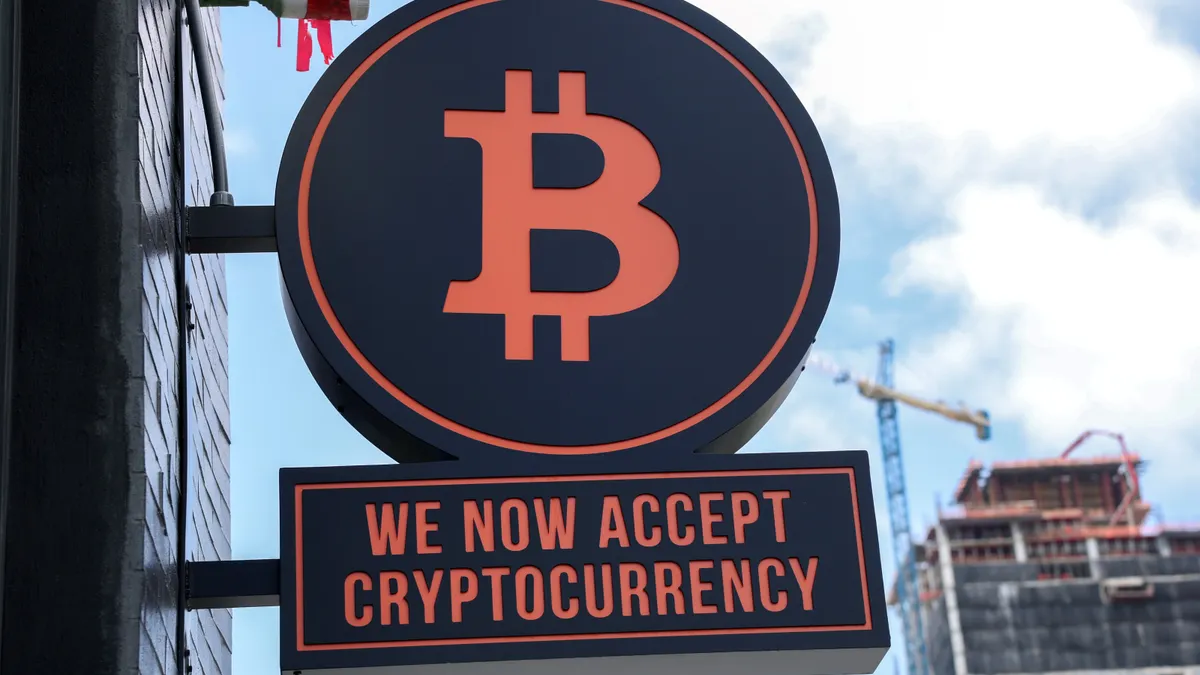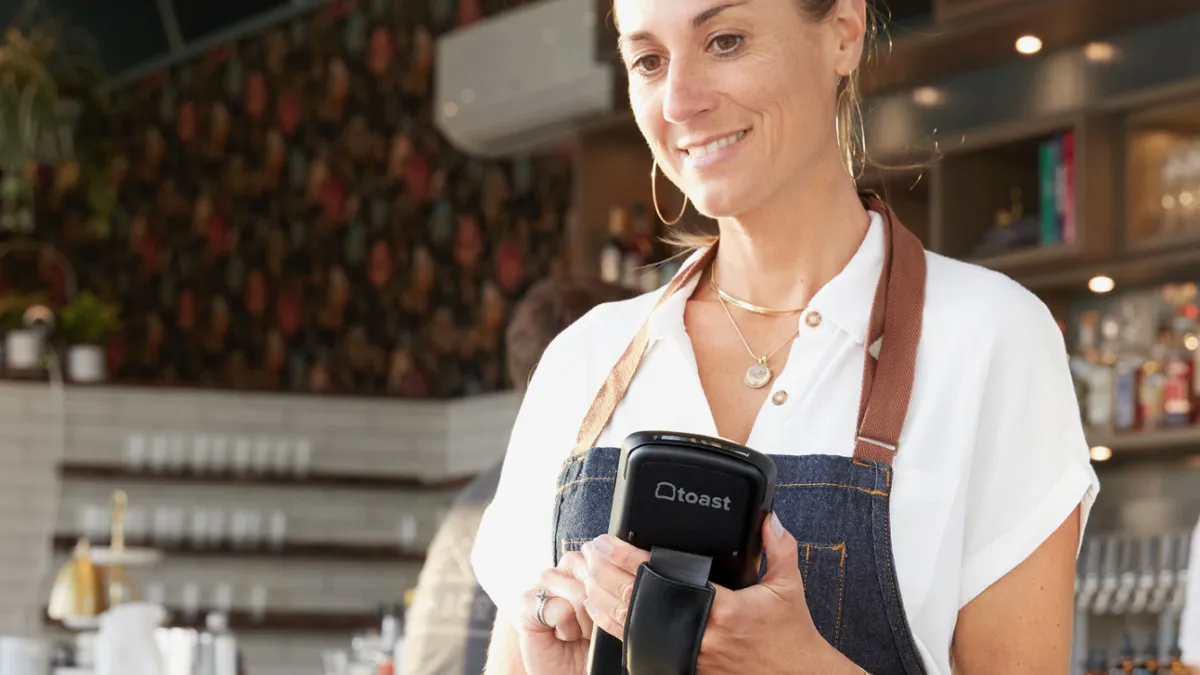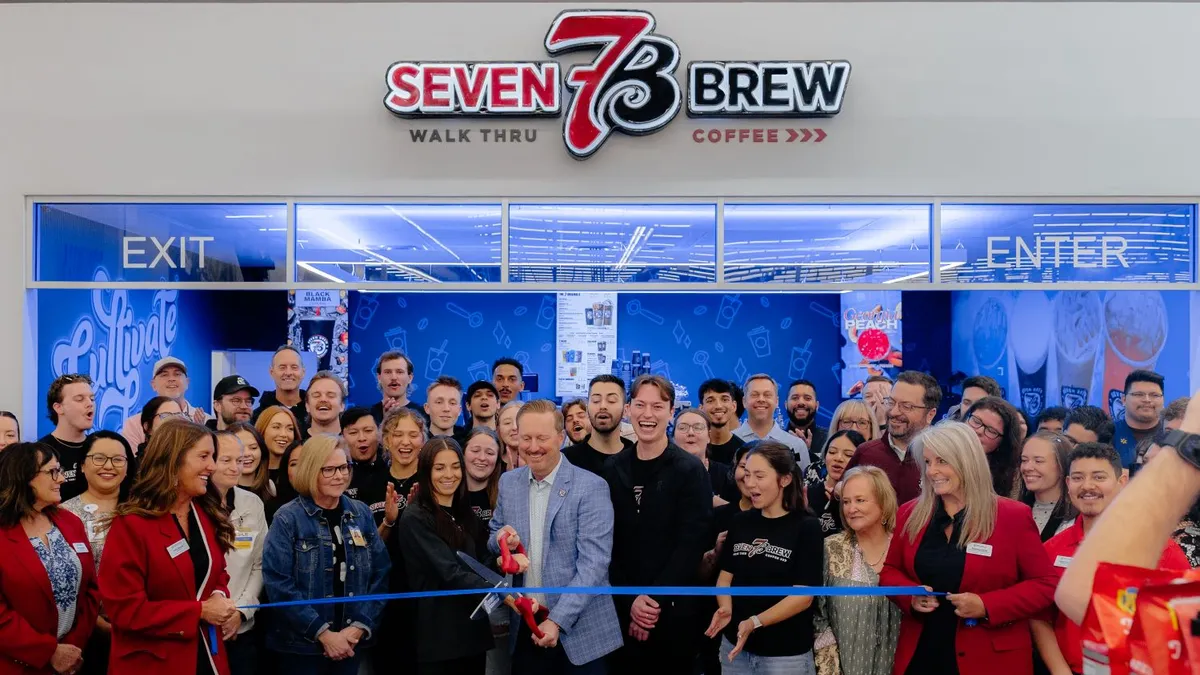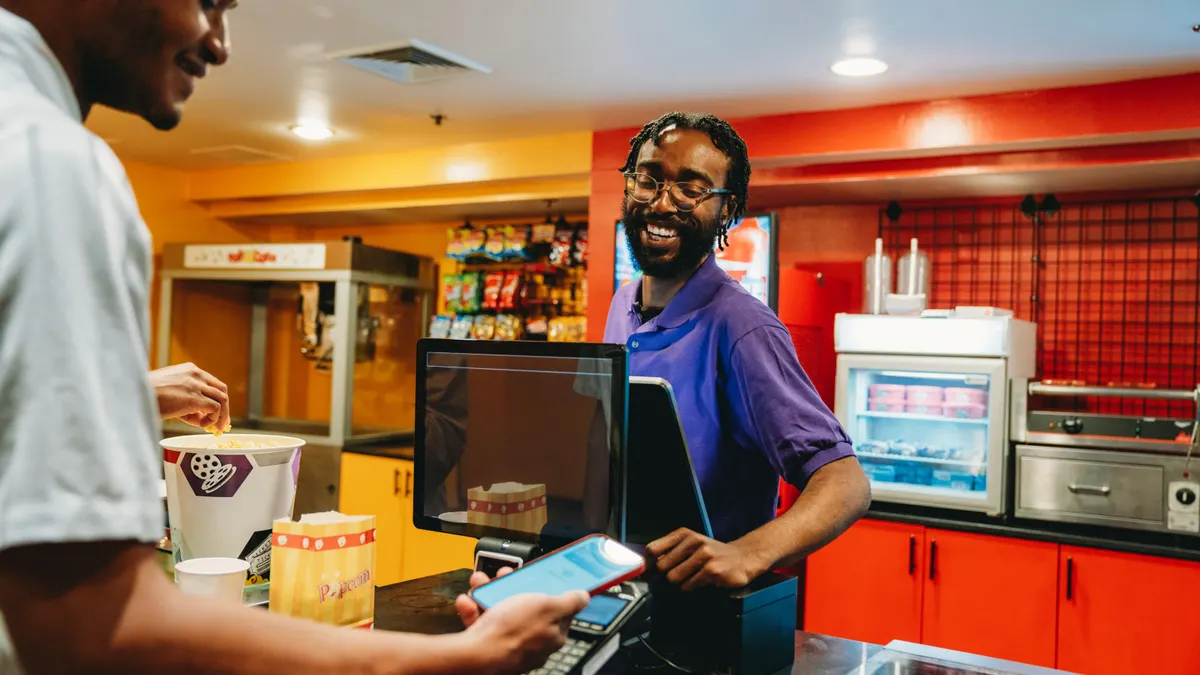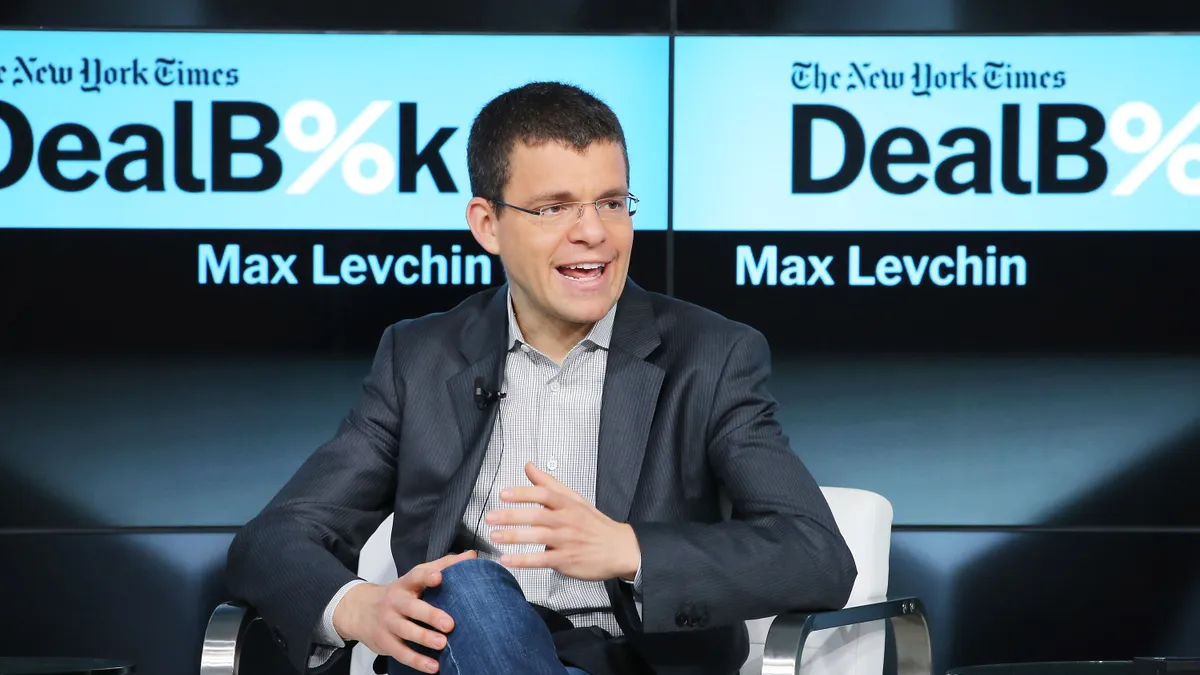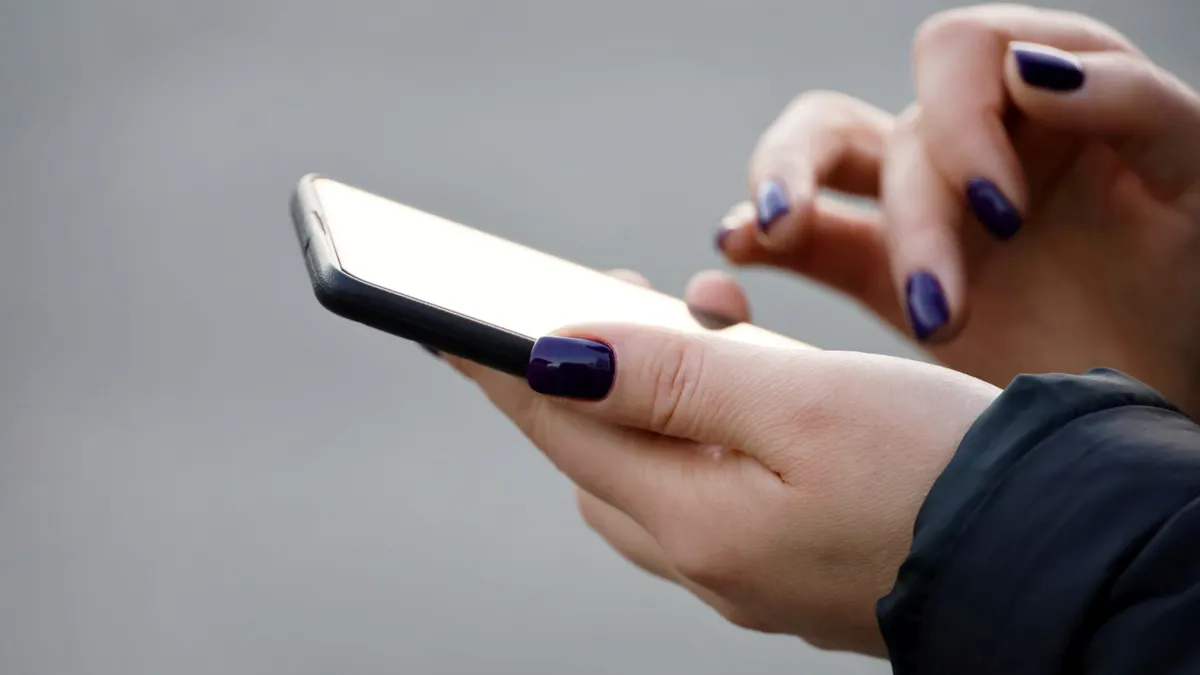The proliferation of digital currencies presents their users an important task: How to convert one to another and into stablecoins. Mesh, a startup building a digital assets payments network, joins a field of firms offering a solution.
PayPal Holdings is using Mesh’s technology to power a new pay-with-crypto conversion tool to connect dozens of cryptocurrencies and stablecoins for shoppers and merchants. The capability will be rolled out in the U.S. in time for the 2025 holiday shopping season, a PayPal spokesperson said Wednesday in an email.
PayPal and Mesh, a startup in which PayPal’s venture arm has invested, touting savings for merchants below current international credit card conversion costs, in a July 28 press release announcing the new tool.
“You need to bridge the gap between what users have and what the merchant’s supposed to receive,” Mesh CEO Bam Azizi said in an Aug. 13 interview. The technology allows merchants to accept more than eight dozen flavors of crypto for payment, converting them into fiat. In the future, PayPal said it will let merchants settle with its PYUSD stablecoin, launched two years ago.
Stablecoins “are not made equal,” Azizi said. “So if you have USDC and the merchant wants USDT, you still need to convert it as an end user. That's not the most optimal way for users to pay for things.” (USDC is Circle Internet Group’s stablecoin while Tether issues USDT.)
For example, if numerous customers held Tether USDT and a seller wants another stablecoin, “they just simply click and pay, and we abstract all the complexity” of the transaction for a shopper and the conversion for a merchant, Azizi explained.
Stablecoins are typically pegged to a fiat currency such as the euro or U.S. dollar, making their value more stable than other digital assets like Bitcoin that frequently surge and decline.
San Francisco-based Mesh is building a payments network to connect crypto exchanges, digital wallets and financial services platforms to simplify digital currency payments and conversions. The company has about 100 employees.
“Don't forget that we have 650 million crypto owners (globally) and they have all sorts of assets, whether it’s NFT (non-fungible tokens) or tokenized real estate or collectibles or Bitcoin, Ethereum – you cannot ignore that population,” Azizi said. “They’re not going anywhere.”
The U.S. Genius Act, signed into law last month, has triggered a corporate race towards stablecoins and lofty IPO valuations for stablecoin companies such as Circle and Bullish. Companies from Amazon to Bank of America, Expedia Group and Walmart are mulling whether to issue stablecoins.
President Donald Trump’s election last year, along with the rise of a contingent of Congress members receptive to the cryptocurrency industry, has given the industry new momentum after years of chafing under strict crypto regulation by the Biden administration.
As stablecoins enter the financial mainstream, Azizi sees a future in which they dominate digital payments while their more volatile crypto cousins — such as Bitcoin, Dogecoin and Shiba Inu — remain largely the domain of investors.
“The killer app for stablecoin is going to be payment, whether it’s cross border payment, B2B payment or [a] payout,” said Azizi, who co-founded Mesh five years ago.
The company said last week it has raised about $130 million, including from PayPal Ventures, Coinbase Ventures and Kingsway Capital.
The creation of more on-and-off ramps for crypto-fiat conversion will also further stablecoin adoption, he said. Mesh faces competition from companies such as Bastion, Binance, Stripe-owned Bridge and Coinbase to provide crypto users pathways for exchanging coins and fiat.
“Stablecoin is going to be what crypto wanted to be, what Bitcoin wanted to be: Peer-to-peer payment without any centralized authority sitting in the middle,” Azizi said. “Stablecoin has all the beauty, all the upside of crypto and blockchain networks, and none of the downside. It’s not volatile. Some people might like volatility for investment reasons … but it’s not the best way to pay.”



